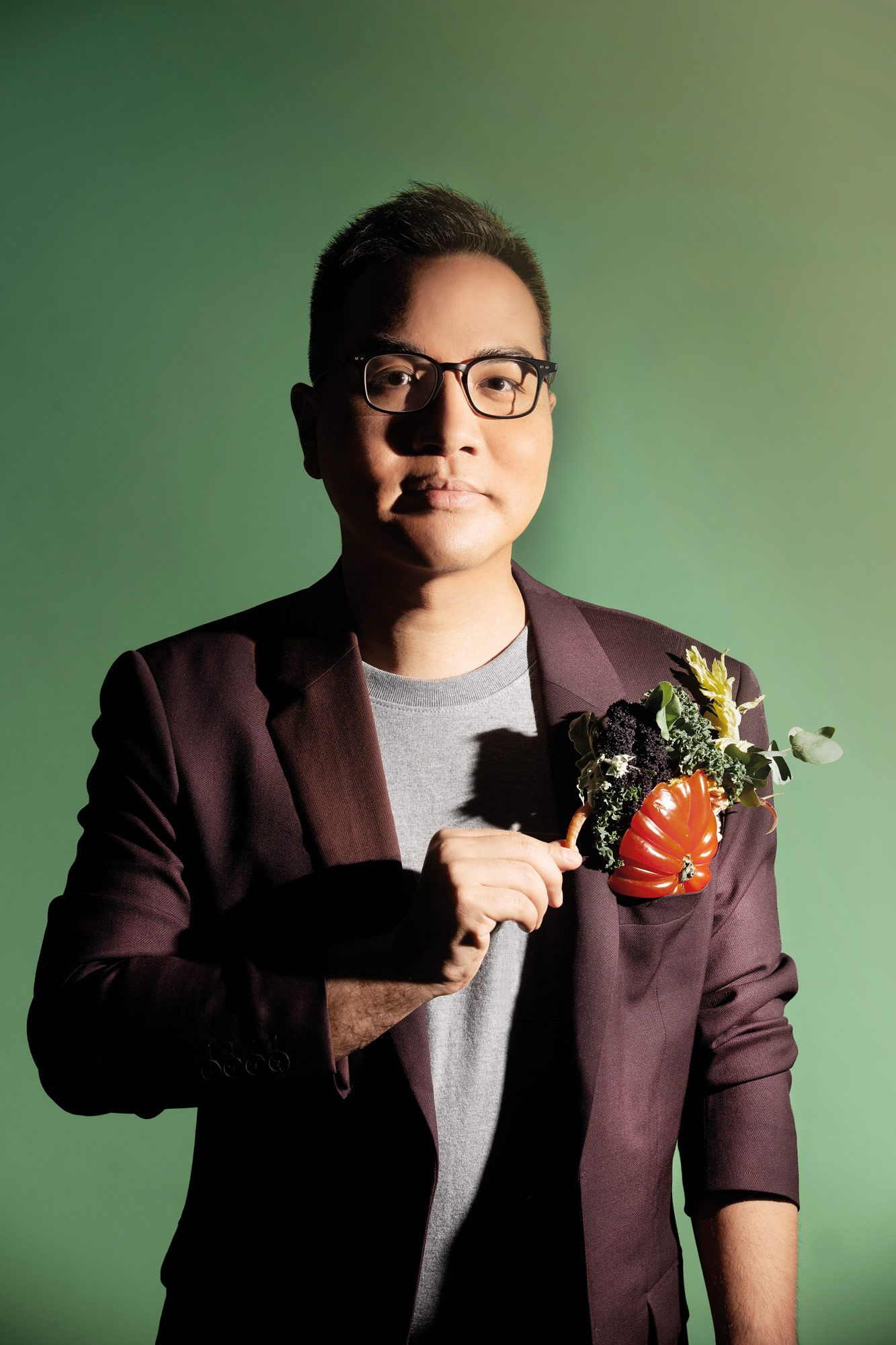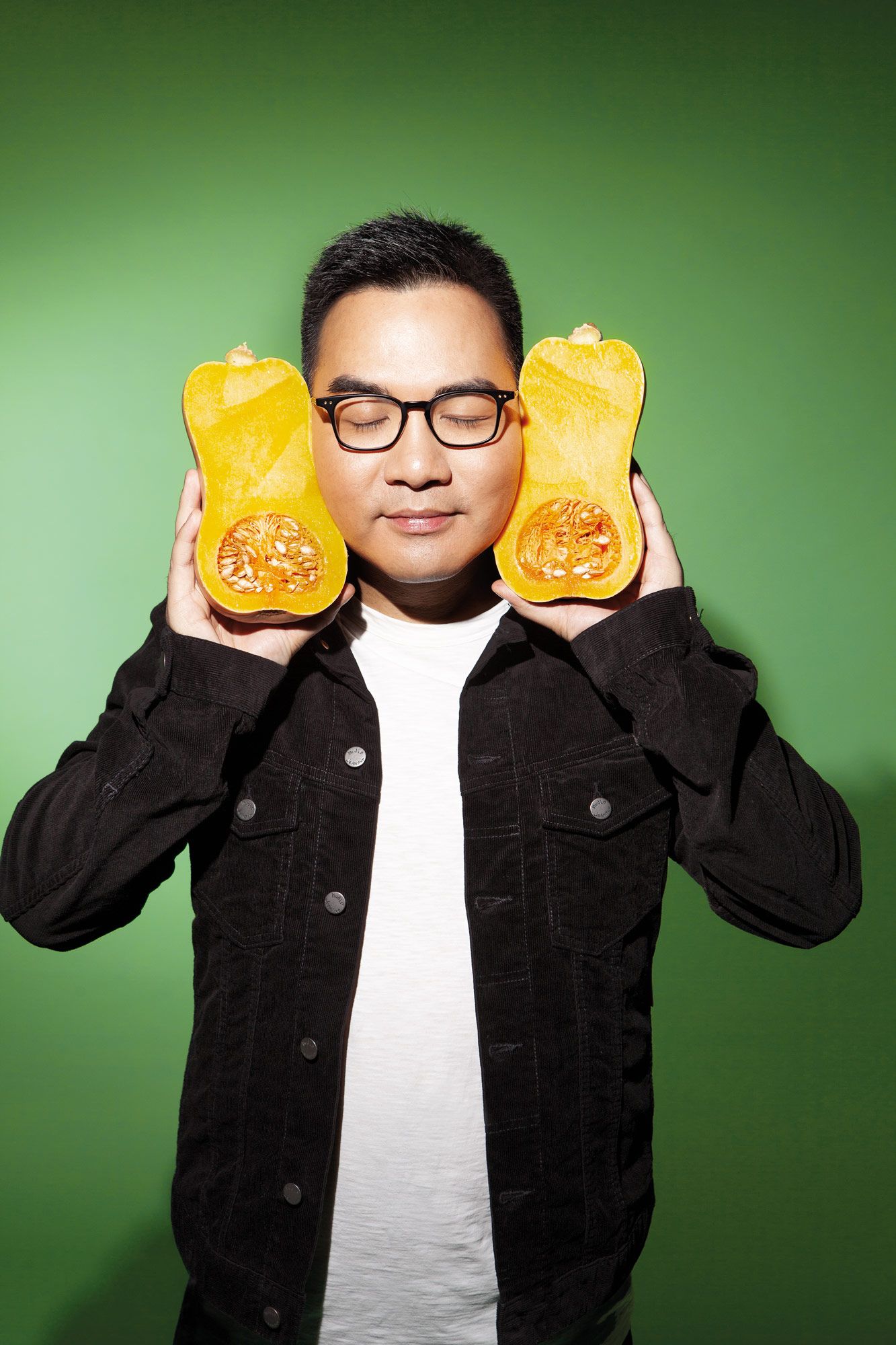Find out how vegetarian entrepreneurs Peggy Chan and David Yeung are sowing the seeds of revolution in Hong Kong
It would be hard to find a more apt venue for an interview with two of the city’s most passionate proselytisers of vegetarianism, Peggy Chan and David Yeung, than Grassroots Pantry.
With its focus on sustainability and organic produce, Peggy’s hip Sheung Wan restaurant embodies the essence of the vegetarian lifestyle in 2018. In the six years she has been running it, Peggy has not only made Grassroots Pantry one of Hong Kong’s most imaginative vegetarian eateries, but also expanded its role to that of a workshop for plant-based experimentation.
“This is one of the most pivotal places to have put vegetarianism in Hong Kong on the map,” says David. “Peggy has really been a game changer.”
See also: Less Is More With Peggy Chan
So has he. David is the founder of Green Monday, a social venture that addresses animal welfare, environmental issues, health and climate change through a number of innovative projects, including working with restaurants and schools to help them to incorporate green options into their menus.

In 2015, he opened the world’s first plant-based eatery and retail chain, Green Common, which is now one of Hong Kong’s most popular grocery chains (and eateries, too).
He’s also a distributor for American vegetarian and vegan brands seeking to break into the Asian market. A few months ago, hot on the heels of the launch of meat alternatives such as Impossible Burger and Beyond Meat, he delivered the faux-pork option Omnipork, specifically conceived for the local market. It is now served in a growing number of hotels in Hong Kong, with plans to scale up distribution in the next few months.
In the two hours I spent with these enthusiastic promoters of plant-based living, they won me over to their conviction that the world is in the midst of a systemic change in the way we approach food and feeding ourselves. Here they discuss their passion for plant-based living and vision for a more sustainable future:






